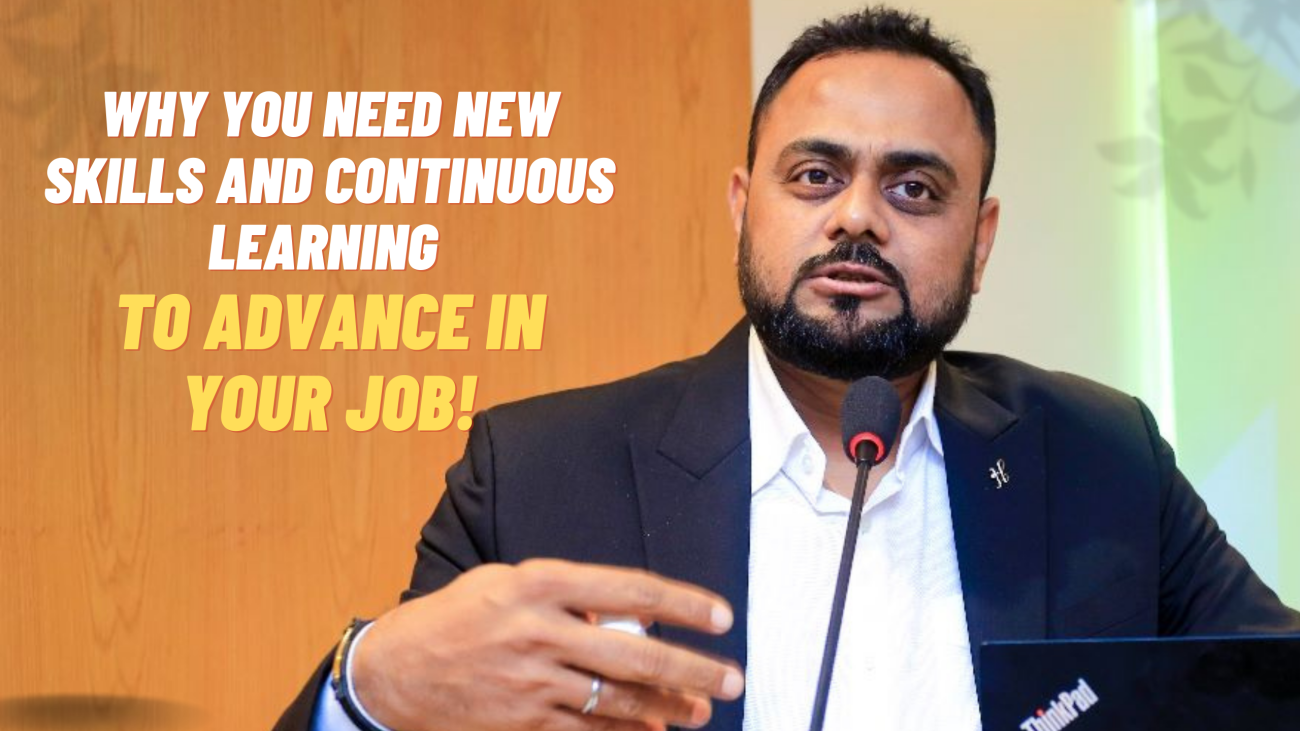Obsessed leadership is a style of leadership in which a leader is too focused on a single goal, idea, or outcome, often at the expense of other important aspects of leadership and the effectiveness of the business as a whole. Passion and hard work are good qualities for a leader to have, but an obsession can lead to a number of problems:
Tunnel vision: Leaders who are too obsessed on one goal may lose sight of the bigger picture and fail to look at other points of view or plans.
Lack of Adaptability: When leaders are fixated on a certain result, they may not be able to adapt to new circumstances or feedback, which can make it harder for the organization to deal with problems.
Stress and overworking: Leaders who are too obsessed on one thing may work themselves and their teams to exhaustion, which can lead to stress and less work over time.
Neglecting Team Development: Leaders who are too obsessed on their own success or goals might forget about the growth and development of their team members, which could hold them back from reaching their full potential.
Unable to Maintain Relationships: Relationships can get tense because obsessive behavior can make people focus on one goal instead of the wants and contributions of others, which can make it hard for people to get along.
Me Syndrome: A Leader who is too focused on himself or herself often has “Me Syndrome,” which means that he or she is more concerned with his or her own wants, interests, and goals than with the team’s or organization’s well-being as a whole. In these situations, the leader’s actions and decisions may mainly serve their own goals or agendas, rather than thinking about how they will affect the team, stakeholders, or the long-term success of the company as a whole.
Blame Other: A Leader who is too focused on himself or herself might be quick to say, “It’s your fault.” This is because they are very focused on reaching their goals or seeing their vision come to life, and they may not want to take credit for any setbacks or failures. Instead of taking responsibility for what they did, they may put the blame on other team members, employees, or outside forces.
Micro Management: Micromanagement is more likely to happen when a leader is very focused on something. When a leader watches too closely and too often over every part of their team’s work, this is called micromanagement. It often shows that the leader doesn’t trust their team members’ skills. Obsessed leaders want to be in charge and may feel like they need to be involved in every part of their team’s projects and tasks.
Threatening: A leader who is too focused on himself or herself can be dangerous to his or her team members by making threats like letting them go or firing them from their jobs. When a leader is too focused on one goal or result, they may do anything to reach it, even if it means putting the health and safety of their team members at risk.
Effective leadership requires a mix between passion and reason, with a focus on achieving goals while also thinking about the team’s and organization’s well-being as a whole. Leaders should be aware of the risks of getting too obsessed and try to lead in a way that is healthy and well-rounded.
Author
K M Hasan Ripon, Executive Director, BSDI



